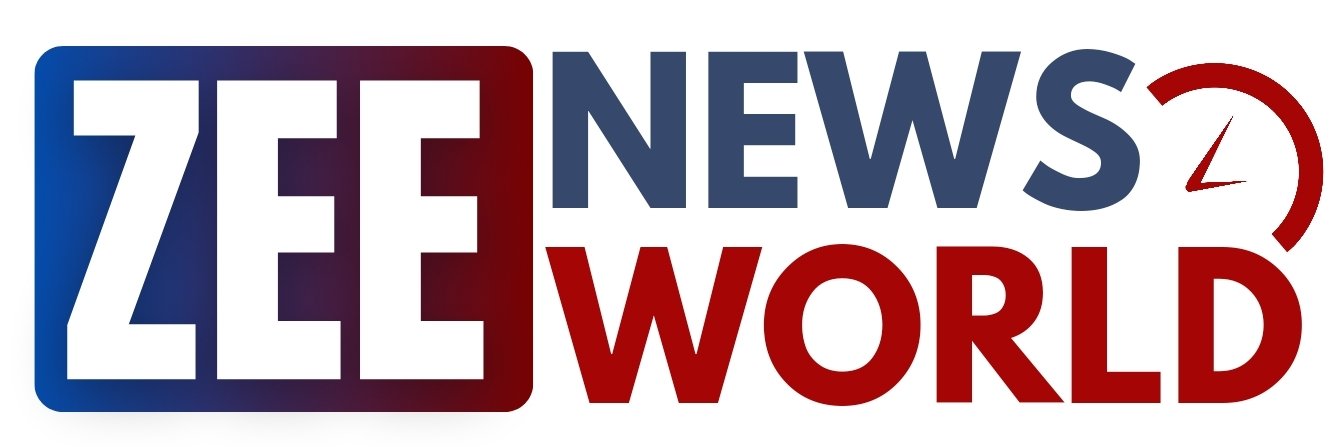Volkswagen’s $1.4 Billion Tax Dispute: Indian Govt Says Quashing The Demand Would Be ‘Catastrophic’
The Indian government has strongly opposed Volkswagen’s plea to annul a $1.4 billion tax demand, warning that such a move could set a dangerous precedent. In a court filing in Mumbai, the Centre argued that accepting the automaker’s request would encourage businesses to withhold critical information and prolong investigations. The tax demand, the highest of its kind in India concerning import duties, follows a review of 12 years of Volkswagen’s shipments, reported Reuters. The case has reignited concerns among foreign investors about prolonged investigations in the country. Volkswagen’s Indian subsidiary, Skoda Auto Volkswagen India, has been accused of misclassifying imported components for its Audi, VW, and Skoda vehicles to avoid higher tariff rates. The company has countered the allegations, asserting that tax officials failed to promptly review shipments, which contributed to the prolonged inquiry. Volkswagen has described the dispute as a “matter of life and death” for its business in India and has taken the matter to the Mumbai High Court. The tax authority, however, has refuted this claim, stating in a 78-page court filing dated March 10 that the delays occurred because Volkswagen withheld key import data. The government argued that if the court sides with the automaker, importers could use similar tactics to evade scrutiny and later claim that tax authorities exceeded the allowed timeframe for investigations. Such an outcome, the filing states, would have “catastrophic consequences.” Implications for Volkswagen and Foreign Investment The case is scheduled for a hearing on Monday. Neither Volkswagen nor the Indian government have released any official comment on the matter. Despite being a small player in India’s automotive sector—now the world’s third-largest—Volkswagen could face significant financial consequences if found guilty. Including penalties and interest on delayed payments, the total tax liability could rise to $2.8 billion. The company’s Audi brand also lags behind luxury competitors such as Mercedes-Benz and BMW in the Indian market. India has been actively working to attract foreign investment, with Prime Minister Narendra Modi promoting simpler regulations and reduced bureaucratic obstacles. However, the persistence of lengthy tax disputes remains a major concern for investors. Volkswagen has argued that if the tax review was concluded earlier, it could have adjusted its import strategy or challenged the findings more effectively. The company claims the tax notice issued in September 2024 jeopardises the confidence foreign investors place in India’s regulatory system. In its latest filing, the tax authority stated that Volkswagen only provided necessary documents in phases, delaying the process. The government is now urging the court to instruct the automaker to comply with procedural requirements and respond to the tax notice through engagement with the tax department rather than through judicial intervention. Additionally, officials have accused Volkswagen of structuring its imports strategically over the years to avoid detection. Instead of declaring its shipments as "completely knocked down" (CKD) units—subject to a 30 per cent to 35 per cent tax—the company allegedly imported parts separately, thereby benefiting from lower tariff rates of 5 per cent to 15 per cent. As the legal battle unfolds, the outcome of this high-stakes dispute could have broader implications for multinational corporations operating in India and their approach to regulatory compliance.

The Indian government has strongly opposed Volkswagen’s plea to annul a $1.4 billion tax demand, warning that such a move could set a dangerous precedent. In a court filing in Mumbai, the Centre argued that accepting the automaker’s request would encourage businesses to withhold critical information and prolong investigations.
The tax demand, the highest of its kind in India concerning import duties, follows a review of 12 years of Volkswagen’s shipments, reported Reuters. The case has reignited concerns among foreign investors about prolonged investigations in the country.
Volkswagen’s Indian subsidiary, Skoda Auto Volkswagen India, has been accused of misclassifying imported components for its Audi, VW, and Skoda vehicles to avoid higher tariff rates. The company has countered the allegations, asserting that tax officials failed to promptly review shipments, which contributed to the prolonged inquiry.
Volkswagen has described the dispute as a “matter of life and death” for its business in India and has taken the matter to the Mumbai High Court.
The tax authority, however, has refuted this claim, stating in a 78-page court filing dated March 10 that the delays occurred because Volkswagen withheld key import data. The government argued that if the court sides with the automaker, importers could use similar tactics to evade scrutiny and later claim that tax authorities exceeded the allowed timeframe for investigations. Such an outcome, the filing states, would have “catastrophic consequences.”
Implications for Volkswagen and Foreign Investment
The case is scheduled for a hearing on Monday. Neither Volkswagen nor the Indian government have released any official comment on the matter.
Despite being a small player in India’s automotive sector—now the world’s third-largest—Volkswagen could face significant financial consequences if found guilty. Including penalties and interest on delayed payments, the total tax liability could rise to $2.8 billion. The company’s Audi brand also lags behind luxury competitors such as Mercedes-Benz and BMW in the Indian market.
India has been actively working to attract foreign investment, with Prime Minister Narendra Modi promoting simpler regulations and reduced bureaucratic obstacles. However, the persistence of lengthy tax disputes remains a major concern for investors.
Volkswagen has argued that if the tax review was concluded earlier, it could have adjusted its import strategy or challenged the findings more effectively. The company claims the tax notice issued in September 2024 jeopardises the confidence foreign investors place in India’s regulatory system.
In its latest filing, the tax authority stated that Volkswagen only provided necessary documents in phases, delaying the process. The government is now urging the court to instruct the automaker to comply with procedural requirements and respond to the tax notice through engagement with the tax department rather than through judicial intervention.
Additionally, officials have accused Volkswagen of structuring its imports strategically over the years to avoid detection. Instead of declaring its shipments as "completely knocked down" (CKD) units—subject to a 30 per cent to 35 per cent tax—the company allegedly imported parts separately, thereby benefiting from lower tariff rates of 5 per cent to 15 per cent.
As the legal battle unfolds, the outcome of this high-stakes dispute could have broader implications for multinational corporations operating in India and their approach to regulatory compliance.
What's Your Reaction?











































